Fun news on covers and Italian rights – along with some info on how selling foreign rights works. Also, my recent experience with a published book contest and how negative comments can be devastating.

RITA ® Award-Winning Author of Fantasy Romance

Fun news on covers and Italian rights – along with some info on how selling foreign rights works. Also, my recent experience with a published book contest and how negative comments can be devastating.

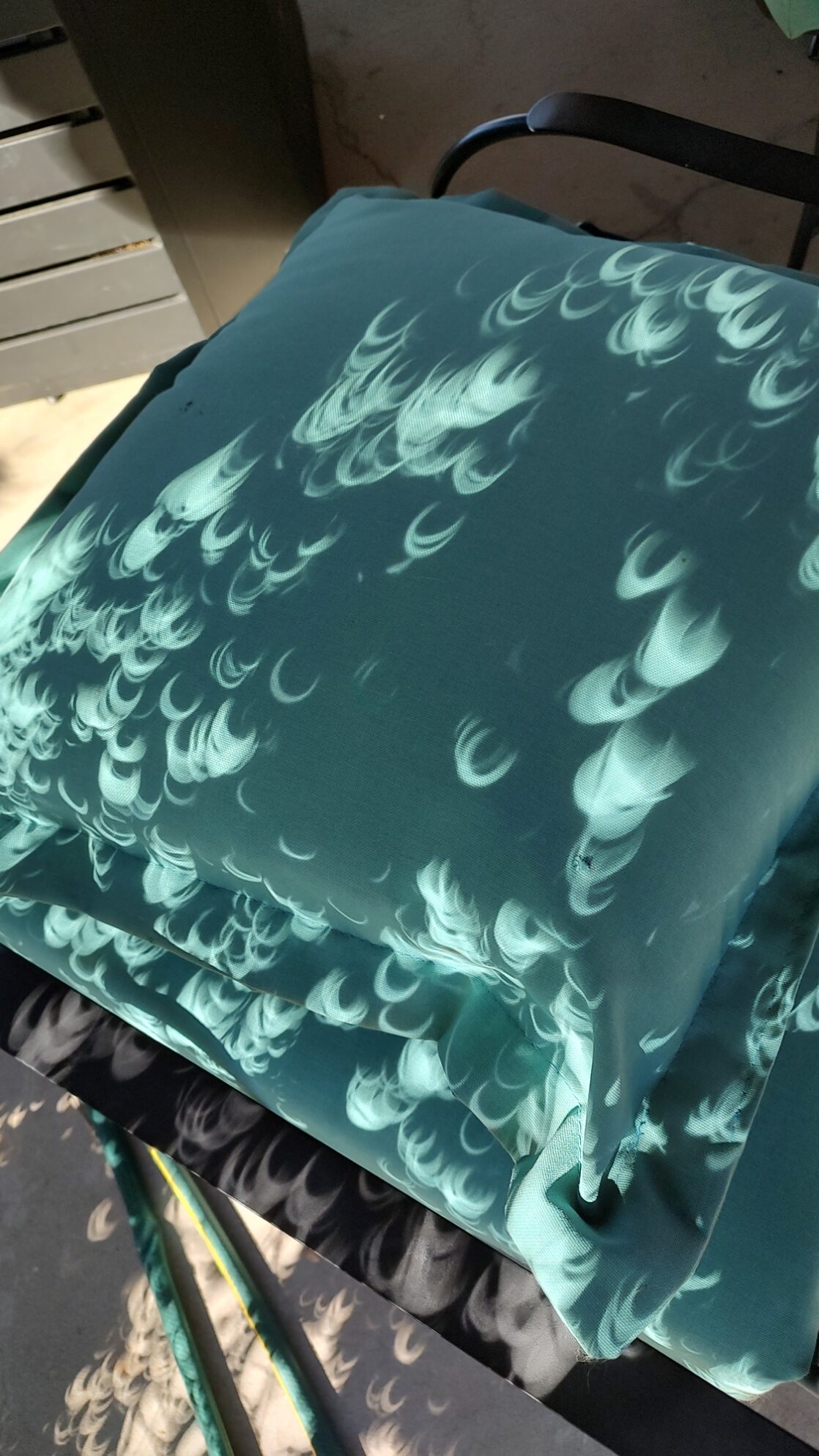
Why being selfish is good, refilling the well, and other thoughts on the variety of people who listen to this podcast, why Cats & New Mexico Weather is a thing. Re-reading DEERSKIN and realizing not everything must move the plot forward.
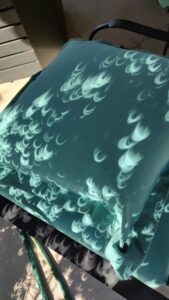
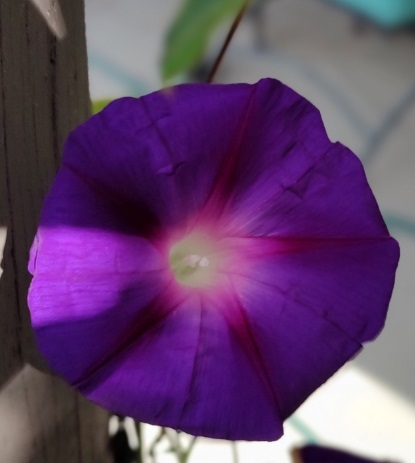
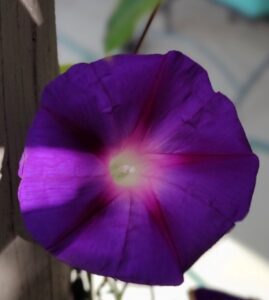
This week at the SFF Seven, we’re talking about beginnings and our principles for crafting them.
But first, I want to tell you all a little story.
A few years back, I was involved in a local writers group where, as a fundraiser for the group, I volunteered – along with several other experienced authors – to read and critique works from others in the group. On one submission, another author (much more successful and famous than I) and I agreed that the book started in the wrong place, and we offered thoughtful feedback on what beginning might work more effectively. There was pushback from that author and the group, a feeling that we had been much too critical, and several people were upset that we had suggested the book had started in the wrong place. One person said to us that the author in question had already been published, implying how dare we suggest they didn’t know how to begin the book.
We were both taken aback by this protest because, and I retell this tale because I think this is so important:
FIGURING OUT WHERE AND HOW TO BEGIN NEVER GETS EASIER.
Both my fellow critiquer and I revisit the openings of every book we write many, many times. Getting that opening right is key. It’s also not easy.
So, what are my principles for crafting a beginning? I think a beginning should do three things.
Establish genre
This one might sound like a no-brainer, but I only learned to do this deliberately, after writing many books. The opening lines of the book or story should ground the reader in what kind of story this will be. This grounding is more important than many authors might think. Sometimes we, especially as newer writers, have this impulse to play coy, as if keeping the reader guessing in this way will intrigue them. Trust me: it doesn’t. Think of your favorite books and their opening lines; I bet you they all tell you what kind of story you’re about to read.
Example: “It is a truth universally acknowledged, that a single man in possession of a good fortune, must be in want of a wife.” Pride & Prejudice, Jane Austen.
Look at how much you learn about the story to come from this one sentence.
Pose a question
THIS is where you intrigue the reader! Some writing teachers refer to this aspect as the “hook,” but I think a lot of us have trouble understanding what a hook is supposed to be. Instead I think of this as posing a question. It doesn’t have to be THE central question(s) of the entire story, but it should connect in some way. Suggest that there’s a secret. Pose a conundrum. Put something in there to make the reader wonder – and to keep reading to find out the answer.
Example: “The snow in the mountains was melting and Bunny had been dead for several weeks before we came to understand the gravity of our situation. He’d been dead for ten days before they found him, you know. We hadn’t intended to hide the body where it couldn’t be found. In fact, we hadn’t hidden it at all but simply left it where it fell in the hopes that some luckless passer-by would stumble over it before anyone noticed he was missing.” The Secret History, Donna Tartt.
I skipped a bit there for efficiency’s sake – but the whole opening prologue is worth studying! – but see how she introduces the core mystery and poses a number of questions?
Create sympathy for the protagonist
I’m not saying your characters have to be likable, or even that the protagonist has to appear in the first few pages, or that there even has to be a single, identifiable protagonist. What I am saying is, whatever characters do appear at the beginning, the reader needs a reason to want to be in their heads, to take this journey with them. If there’s nothing interesting or appealing about the characters in the story’s opening, why should the reader keep going?
Example: “It was a dumb thing to do but it wasn’t that dumb. There hadn’t been any trouble out at the lake in years. And it was so exquisitely far from the rest of my life.” Sunshine, Robin McKinley
Feel that instant interest in the character, the clarity of the voice, and how there’s a sense of feeling for the person, whoever it may be?
Really, all of these examples serve in all three principles. There’s lots that goes into a good beginning, but these three are key. Beginnings are a challenge and take time and effort to get right. And totally worth it.
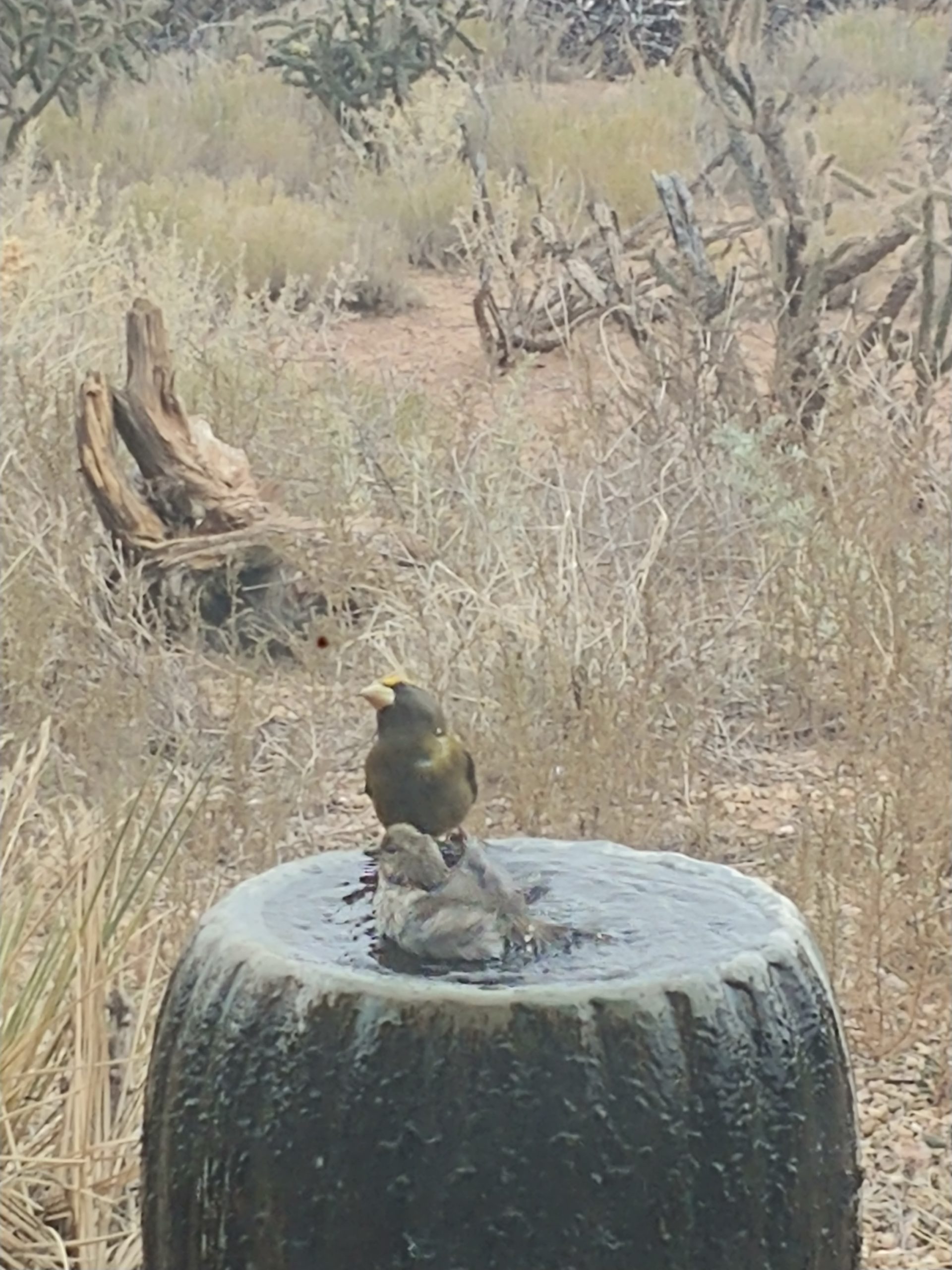
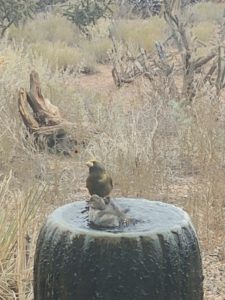
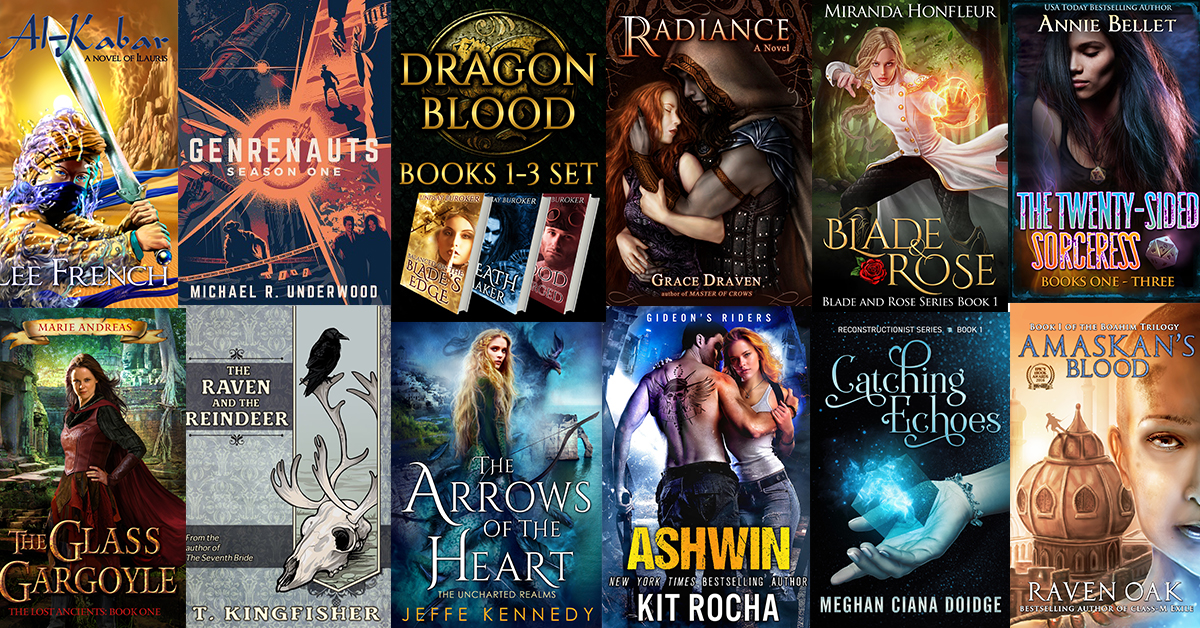
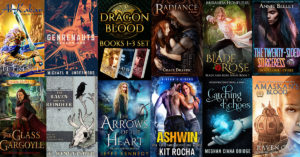
Our topic this week at the SFF Seven is “The Godparents: Your top five influences as a writer.” Come on over to find out mine!
Also, we’re heading into the last week of the Science Fiction and Fantasy Writers of America (SFWA) Fantasy Storybundle. The theme is “Kickass Heroines” and this is such a kickass collection. I was one of the first to download it, even though my own book is in it, and I’ve read a couple of others. So many fantastic books for an amazing price.
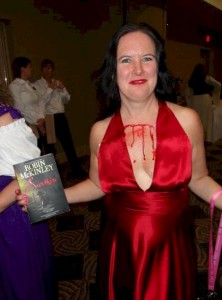 Okay, I’m getting my feet under me again. Thank you, everyone, for all your kindness and support.
Okay, I’m getting my feet under me again. Thank you, everyone, for all your kindness and support.
I might even have looked at some kitten pictures yesterday. David is egging me on for a Norwegian forest cat. Wouldn’t that be fun?
So, finally, here’s my break-down of the Gulf Coast Writers Silken Sands Conference last weekend. It was a lovely conference and I’m so glad I went, even with what happened while I was gone. A small conference like this lets you have so many more opportunities to hang in a casual way with the editors and agents in attendance. That OMIGODINEEDTOPITCH OCD frenzy just never develops.
It’s actually fun.
So, when I got in, the fabulous conference organizer, Jillian Chantal, picked me up from the airport. My hotel room had a view of the beach.
 AND of the pool bar. You folks know me. I just love me a pool bar.
AND of the pool bar. You folks know me. I just love me a pool bar.
I soaked in the view – and the moisture – then hooked up with Jillian and Angela James, executive editor of Carina Press, to head to this We Got Crabs place next door.
Very fun place. We sat outside, enjoyed the live band. AND they had $2.50 martinis.
There’s Angela, looking happily dwarfed by her martini.
I got to have fresh crab. Even though it took me a while to get the bib open.
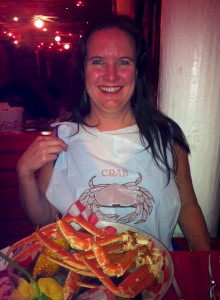 Thank you, Angela, for the picture!
Thank you, Angela, for the picture!
On Friday morning, I grabbed a little beach time with Carolyn Crane’s second book in her Disillusionists trilogy, Double Cross. Man, did I gobble up these books. Such a fascinating approach to the use of psychic energy. Her cast of characters is like a deeply twisted Justice League. I’m working on getting her to write more! This is one of my favorite parts of being an author – I can stalk other authors without them being so suspicious and then badger them into giving me more of what I want. Guerilla author – that’s me.
Then Angela took me and two other Carina Press authors out to lunch. Katie Reus and Wynter Daniels were delightful companions and Angela a charming and generous hostess. I got this amazing shrimp boat platter:
Afterwards, we attended Angela’s seminar on building your author brand and author websites. Very informative. And she analyzed our websites, too. She took great care to make us feel like valued members of her publishing family. It was really lovely.
That evening was the costume party – come as your favorite literary character. That’s the picture at the top. Me as Robin McKinley’s Sunshine. I carried the book with me as a clue, but nobody got it. Mainly because very few people there had read the book. Seriously people, this is such a good book! How can I make more people read it???
On Saturday morning, I got to pitch The Middle Princess to a lovely editor from St. Martins, who I’d already chatted with (small conference for the win!), so it was laid back and pleasant. It helped that we sat on the patio overlooking the beach. Okay, it was a little weird because Angela and my Ellora’s Cave editor, Grace Bradley, were also taking pitches at nearby tables. I felt like a pitch-slut. But, I also know that Middle Princess isn’t right for either of those presses and I’m writing stuff for them.
I may or may not have put in a little more beach time after that.
After that, I had lunch with Grace, which was lovely and low-key. The conference provided yummy box lunches and they made a (mostly) Vegan one for her, so we took our lunches and had a long, leisurely conversation. I attended some workshops that afternoon and spent a bit of time at the pool bar with the charming Keri Ford.
This was St. Patrick’s Day and by evening the beach was a MADHOUSE like you would not believe.
I had a lovely low-key dinner with several author friends, Katie, Wynter, Cindy Eden and new friend Manda Collins, who suggested a perfect high-concept pitch for Middle Princess.
Sunday morning – well, if you’ve been reading you know Saturday night and Sunday morning were bad for me. But I did my workshop on the Erotic Story Arc. (Thank you Keri Ford for the pic!)
Grace came to the workshop and had great input. Keri took a pic of us together, but it’s on Grace’s phone and she’s on vacation in the Caribbean, which makes me bitter on several levels. Hopefully I’ll get that eventually and post it here.
The always-generous conference organizers gave me a ride back to the airport, along with Jenny Bent. It was fun to get to talk to her and discover we have surprising things in common. What a delightful person she is.
That’s the round-up. In case you haven’t been reading carefully: try the small conferences. *Totally* worth it.
 I’ve started hitting up some of my author friends for blurbs for Rogue’s Pawn. It’s really kind of an odd place to be.
I’ve started hitting up some of my author friends for blurbs for Rogue’s Pawn. It’s really kind of an odd place to be.
To clarify right off the bat: a blurb is absolutely not objective. It’s advertising, pure and simple. I mention this because I sometimes see blurbs referred to as reviews. An example of this would be Jessica Andersen’s first book in her Final Prophecy series, which carries a blurb from J.R.Ward. If you can read that, it says: “An astounding paranormal world…I swear ancient Mayan gods and demons walk the modern earth!”
I mention this particular example because I bought this book back in 2008 when it came out, entirely because of the blurb. At the time I was completely addicted to J.R. Ward’s Black Dagger Brotherhood series and I was willing to read anything connected to her. Turns out the two of them are good friends and critique partners, so of course J.R. did this favor for her writing friend and for a book she wanted to support.
But this is how a blurb is not a review. Blurbs are absolutely biased support and people argue all the time about whether they’re effective.
See, the other way people get blurbs is through their agents or publishers. An agent might ask one client to blurb for another. The publishers ask star authors to blurb debut authors. Theoretically the authors always read the book first. They’re allowed to decline also. There are some famous stories out there of authors who not only declined to positively blurb a book, but tried to dissuade the publisher from going ahead with publication. Neil Gaiman has a story like this. It also happened to a friend of mine recently with her debut book. Seriously, the publisher asked this big, famous author whose name you would totally recognize to blurb this book and the author wrote back this awful letter on how much she hated the book and that the publisher should cancel it.
Don’t try this at home people.
At any rate, being the requestor is a funny place to be, because you’re essentially begging your friends and acquaintances for the favor of not only reading your book, but saying something nice about it. Or at least compelling. It’s kind of a fun game to read blurbs and discern when the blurber was just trying to think of something positive and interesting to say when “I loved this book!” is simply not a possibility.
Back when Wyoming Trucks, True Love and the Weather Channel came out, I was much bolder about asking. I asked writing teachers and famous authors both. Barbara Kingsolver’s agent wrote me a really lovely message in reply. Mary Karr didn’t bother to answer.
For some reason, I’ve lost some of that brashness now. Maybe I understand better what the big authors’ lives are really like. Marcella was egging me on last night to ask Robin McKinley and I was abashed at even the thought of asking her. I’d feel like a puppy peeing on her shoes.
Actually, given how much attention she lavishes on her Hellhounds, that might be an effective approach.
So, for now I’m hitting up my friends – especially the ones who’ve already read the thing and made nice noises about it. As I screw up the chutzpah, I might see if some others want to read, with an eye towards blurbing.
Who knows? Maybe one day I’ll be good enough to ask someone like Robin.